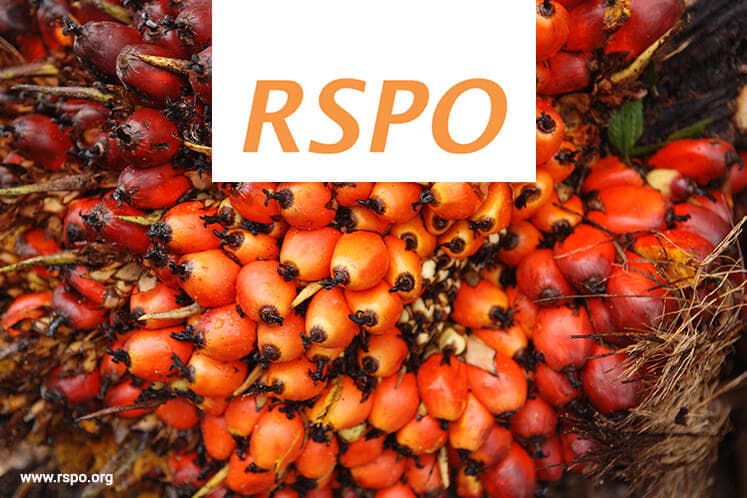
This article first appeared in The Edge Financial Daily on April 26, 2017
KUALA LUMPUR: The Roundtable on Sustainable Palm Oil (RSPO) expects to release the third revised standards for its sustainable palm oil certification by November 2018, once it completes a review of the standards with stakeholder groups, which will start next month.
“We are engaging with palm oil farmers, processors and traders, banks and investors, consumer goods manufacturers, environmental groups, civil societies and retailers,” its chief executive officer Datuk Darrel Webber (pic) told reporters after officiating at the two-day “RSPO Roadshow 2017”, which started here yesterday.
“The process to update the RSPO certification will take one to two years, as we will [need to] iron out many issues that include issues [regarding] smallholders, labour, human rights, deforestation and sustainable palm oil traceability,” Webber said.
He said the review is necessary as RSPO is adopting the best international practices to update its standards every five years.
“RSPO’s first standards were first drafted in 2005 and launched in 2007. We want to keep our standards relevant to market needs as we keep up with demands and requirements of palm oil buyers,” he added, noting that the review of RSPO’s standards will also minimise inconsistencies among third-party auditors.
“We want to minimise subjectivity in our standards, especially in the principles and criteria section. At the end of the day, RSPO wants its set of standards to be more objective, one that can be further quantified by tangible numbers,” he added.
RSPO will also be collaborating with state governments this year to have oil palm plantation land certified by RSPO, Webber said. In Malaysia, it is starting with Sabah. It is now in talks with the local governments of Central Kalimantan and South Sumatera, as well as Central America’s Ecuador, to do the same.
“RSPO is transforming the market to make sustainable palm oil the norm, [which is] to set and implement a standard that is credible and leverages local and global markets, while leaving no one behind,” he added.
On the European Parliament’s vote to introduce a single certification scheme for palm oil entering the European Union (EU) trading bloc by 2020, Webber said RSPO is in the best position to meet the demands of a changing regulatory environment.
“To be honest, I don’t know what the European Parliament’s plan is. It will be very difficult for them to introduce a new certification system. We will not be lobbying as we are a non-partisan organisation, but we are the best organisation to address the changing regulatory landscape, especially in the area of sustainable palm oil,” Webber said.
Earlier this month, the European Parliament approved a motion to introduce a single certification scheme for palm oil entering the EU market, and to phase out the use of vegetable oils that drive deforestation by 2020.